China has rich lead-zinc resources, its lead-zinc reserves accounts for fourth place in the world (more than 35 million tons of lead and 94 million tons of zinc). There are more than 700 lead-zinc deposits in China, most of them are mainly located in Yunnan, Inner Mongolia, Hunan, Guangdong, Gansu, Guangxi and other places, and Yunnan has the largest lead-zinc reserves (26 million tons) in China.
Lead and zinc ore dressing technology is different due to the ore type. With the improvement of lead and zinc ore dressing technology, the lead and zinc ore commonly adopts gravity separation – floatation process, magnetic separation – floatation process, gravity separation - magnetic separation - floatation process and so on. Lead-zinc ore dressing depends on flotation process. Flotation process can be divided into differential flotation and bulk flotation process, and one clear difference between them is to float lead first and then zinc or float lead and zinc together then separate them.
Use the table of contents below to navigate through the guide:
01Introduction of Lead-zinc Ore Dressing Process
1. Crushing and Screening
Most lead-zinc ore deposits in China are carbonate rock type deposits, some of them are skarn type and sedimentary rock type deposits. The main metallic minerals are galena, sphalerite, pyrite and chalcopyrite. In general, Xinhai adopts three stage crushing with single closed circuit stage. The common crushing and screening equipment are as follows:
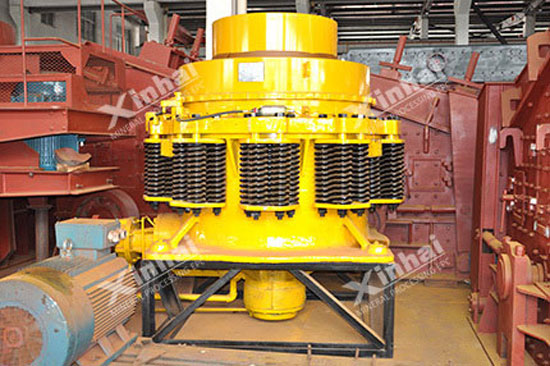 Spring Cone Crusher
Spring Cone Crusher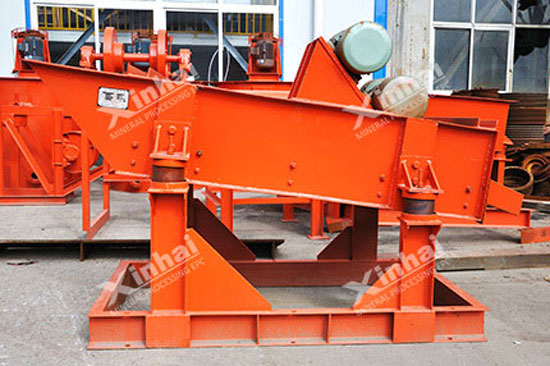 Linear Vibrating Screen
Linear Vibrating Screen2. Grinding
According to the ore properties, causes and structure of different plants, the design of grinding process is also very different. The small-scale plants often adopt simple grinding process for saving cost, which is easy to operate and manage. Large plants usually determine the optimum grinding process by comparing among several precepts to achieve better economic and technological effects.
Ball mill possesses a large proportion of energy consumption in the plant. Xinhai energy-saving ball mill can achieve 20% energy saving. It is lined grooved ring plate which increases the contact surface between ball and ore, strengthens grinding effect.
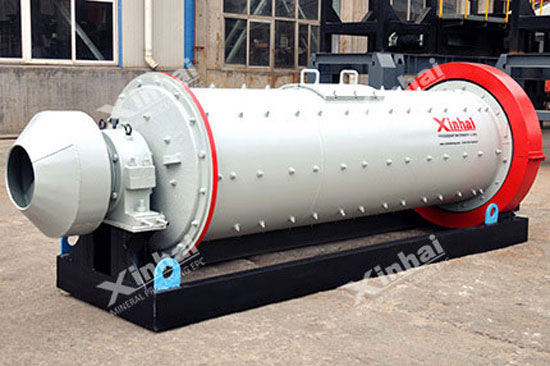 Cylinder Energy-Saving Overflow Ball Mill
Cylinder Energy-Saving Overflow Ball Mill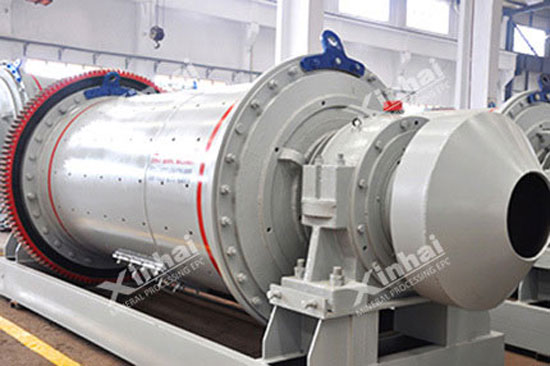 Rod Mill
Rod Mill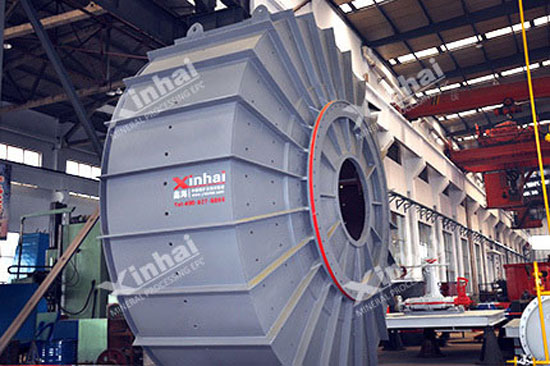 Autogenous Mill
Autogenous Mill3. Ore Dressing
The common lead-zinc ore dressing processes are lead-zinc bulk flotation - lead-zinc separation, lead-zinc iso-flotability flotation - lead-zinc separation - zinc-sulphur bulk flotation - zinc-sulphur separation.
lead-zinc bulk flotation - lead-zinc separation
This process carries out two lead-zinc bulk flotation in alkalescence solution and lead-zinc separation in weak acid solution.
Two lead-zinc bulk flotation can discard tailings at once and reduce metal loss. Besides, the direction of crude concentrate and the return of middlings separation can achieve flexible configuration, which adapts to the change of ore grade.
Lead-zinc iso-flotability flotation - lead-zinc separation - zinc-sulphur bulk flotation - zinc-sulphur separation
Lead-zinc iso-flotability flotation exempts the suppression of susceptible minerals, and also avoid the activation of refractory zinc minerals, thus reducing reagent consumption, reducing the influence of residual reagents on subsequent separation and improving the production index.
Mechanical agitation type floatation cell is widely used in lead-zinc ore dressing process. With the improvement of flotation machine technology, Xinhai upgrading mechanical agitation type floatation cell has been widely used in the plants, and the performances of Xinhai XJ type and SF type flotation cell have been completely improved: lifetime extension of wearing parts, increasing of inspiratory capacity and reduction of energy consumption.
| Flotation Time (min) | Concentration (%) | Phosphorus Grade β (%) | Phosphorous Recovery ε (%) |
| Roughing | 2~3 | 20~45 | 12.00~25.00 | 85.00~96.00 |
| Scavenging | 2~3 /td> | 25~45 | 0.80~2.50 | 5.00~20.00 |
| Concentrating Ⅰ | 2~5 | 25~50 | 18.00~30.00 | 80.00~93.00 |
| Concentrating Ⅱ | 3~7 | 20~45 | 20.00~38.00 | 78.00~90.00 |
| Concentrating Ⅲ | 3~7 | 20~45 | 24.00~40.00 /td> | 75.00~88.00 |
| Concentrating Ⅳ | 3~7 | 20~45 | 30.00~42.00 | 72.00~87.00 |


 marketing@ytxinhai.com
marketing@ytxinhai.com  0086 13810327080
0086 13810327080 




























































































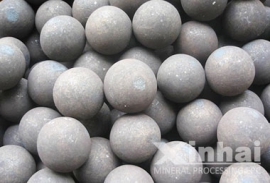
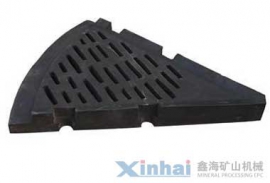








 CHAT
CHAT MESSAGE
MESSAGE





